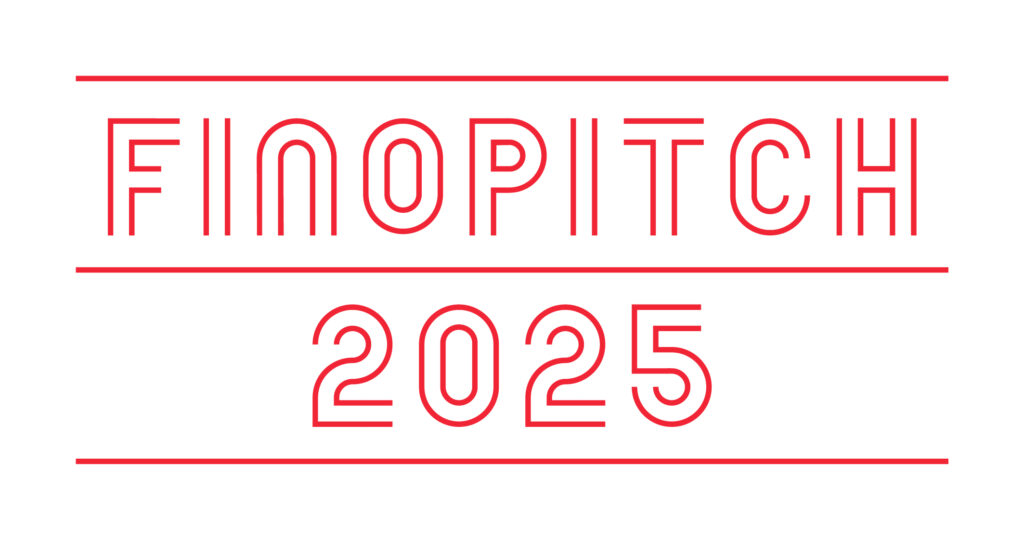
We are excited to announce that the 5th Future Frontier Fes by FINOLAB (4F) will be held from Monday, March 3, 2025.
※ Please check out the past events here.
As part of the event, we will once again be hosting one of the main programs, the pitch contest “FINOPITCH” on Thursday,March 6. FINOPITCH (formerly known as FIBC) has been held since 2012 to showcase the technological innovations and business models of FinTech startups and to expand opportunities for international and domestic collaboration, contributing to the creation of Japan’s financial innovation history.
Since the FIBC era, over 200 startups have participated in FINOPITCH, including prominent domestic and international FinTech companies such as AI inside, ConsenSys, Finatext Holdings, FOLIO, freee, Hottlink, Kyash, Loadstar Capital, Money Forward, Moneytree, Paidy, Revolut, and Zuu.
■ Reference
FINOPITCH 2024 https://4f-otmcbldg.tokyo/finopitch2024-award-winner/
FIBC&FINOPITCH 10th Anniversary Movie https://www.youtube.com/watch?v=zNwzpY0XUAM&t=4s
FINOPITCH Application Guidelines
◆ Application Process
Application Deadline : Jan. 5th,2025 (Sun)
Finalist Announcement : Feb. 5th,2025 (Wed)
FINOPITCH / Award Ceremony : Mar. 6th,2025 (Thu)
※ Meeting with supporting companies will be scheduled for the finalists from March 5 to 7 in 2025.
※ The event organizer will contact you if an online interview is required.
◆ Eligibility Requirements
・Must be a FinTech startup.
・Must have a product/service available for demonstration.
・Must agree to the contents of the entry form.
Company Establishment/Service Launch
・Japan companies: Established within the past 5 years and service launched within the past 2 years.
・Overseas companies: Established within the past 7 years and service launched within the past 3 years (considering entering the Japanese market).
◆ Pitch Format
Up to 7 minutes presentation and demonstration in English.
◆ Judging Criteria
Impact | Impact on the Financial Industry
Creativity | Innovative Business Model
Growth | Business Growth Potential
Expansion | Global Market Expansion
◆ Awards
Grand Prize / Audience Awards / Supporter Awards
If you have any questions, please contact us at the email address below.
Hello+FINOPITCH@finolab.co.jp
※ Protection of Personal Information
All the personal information will be protected with our privacy policy

